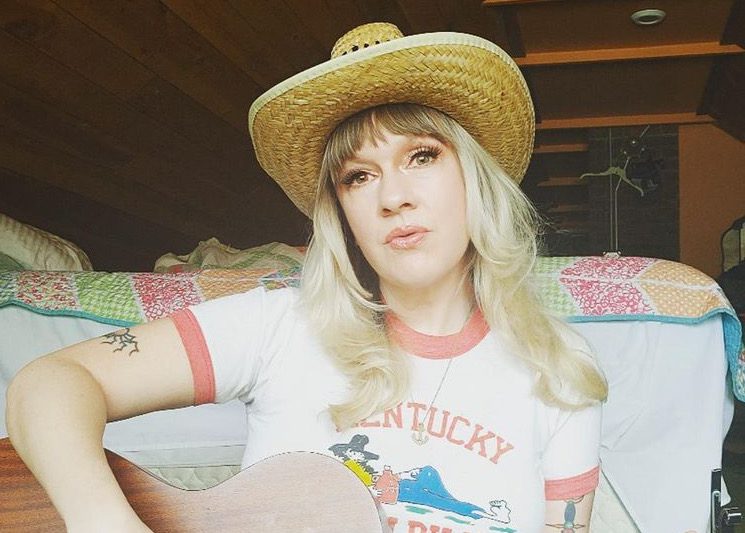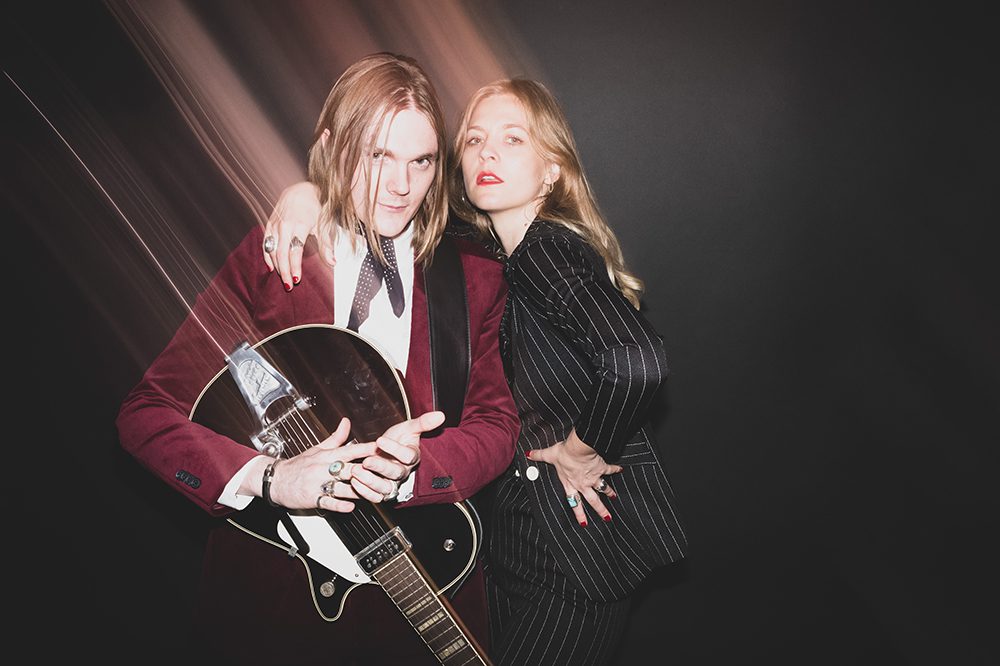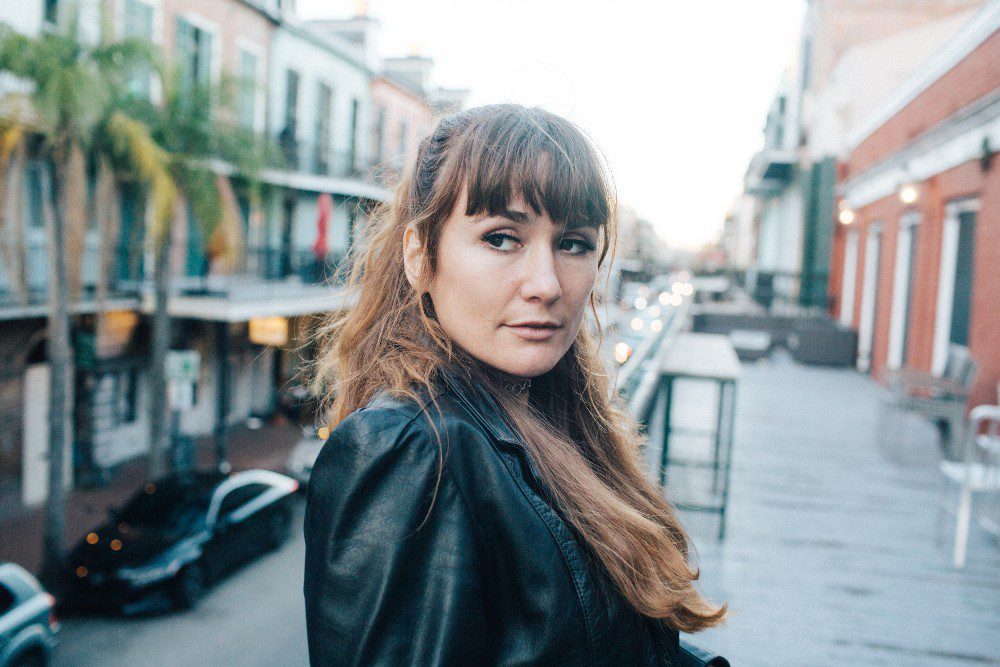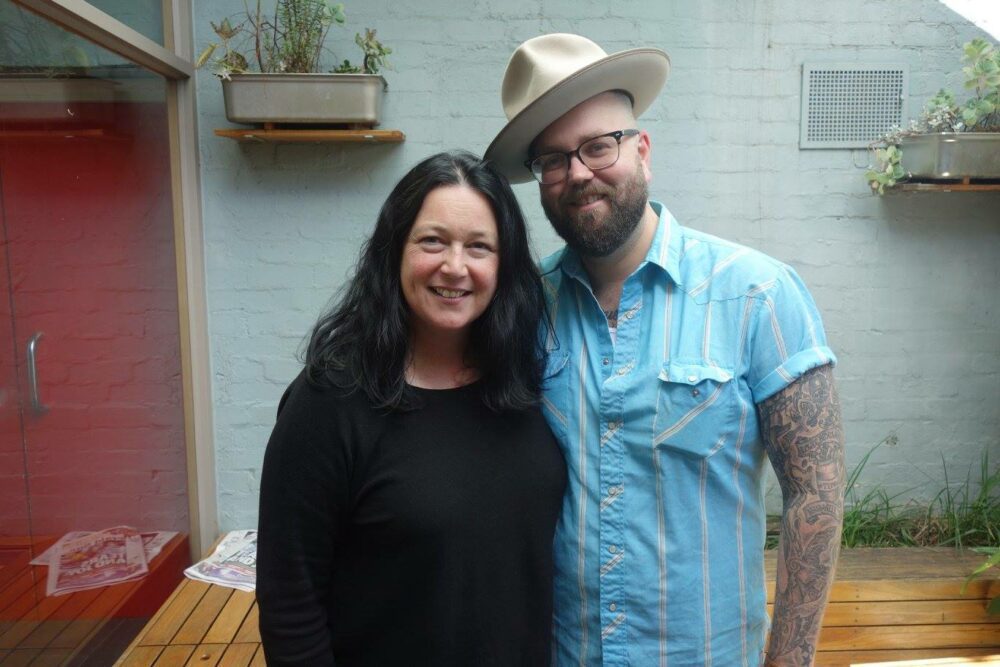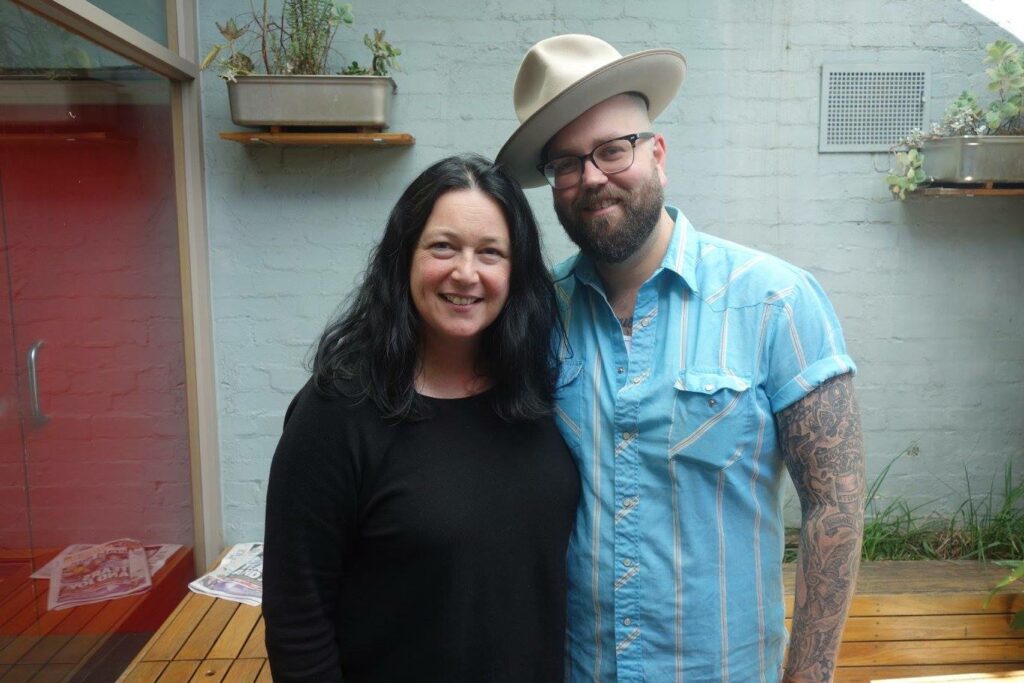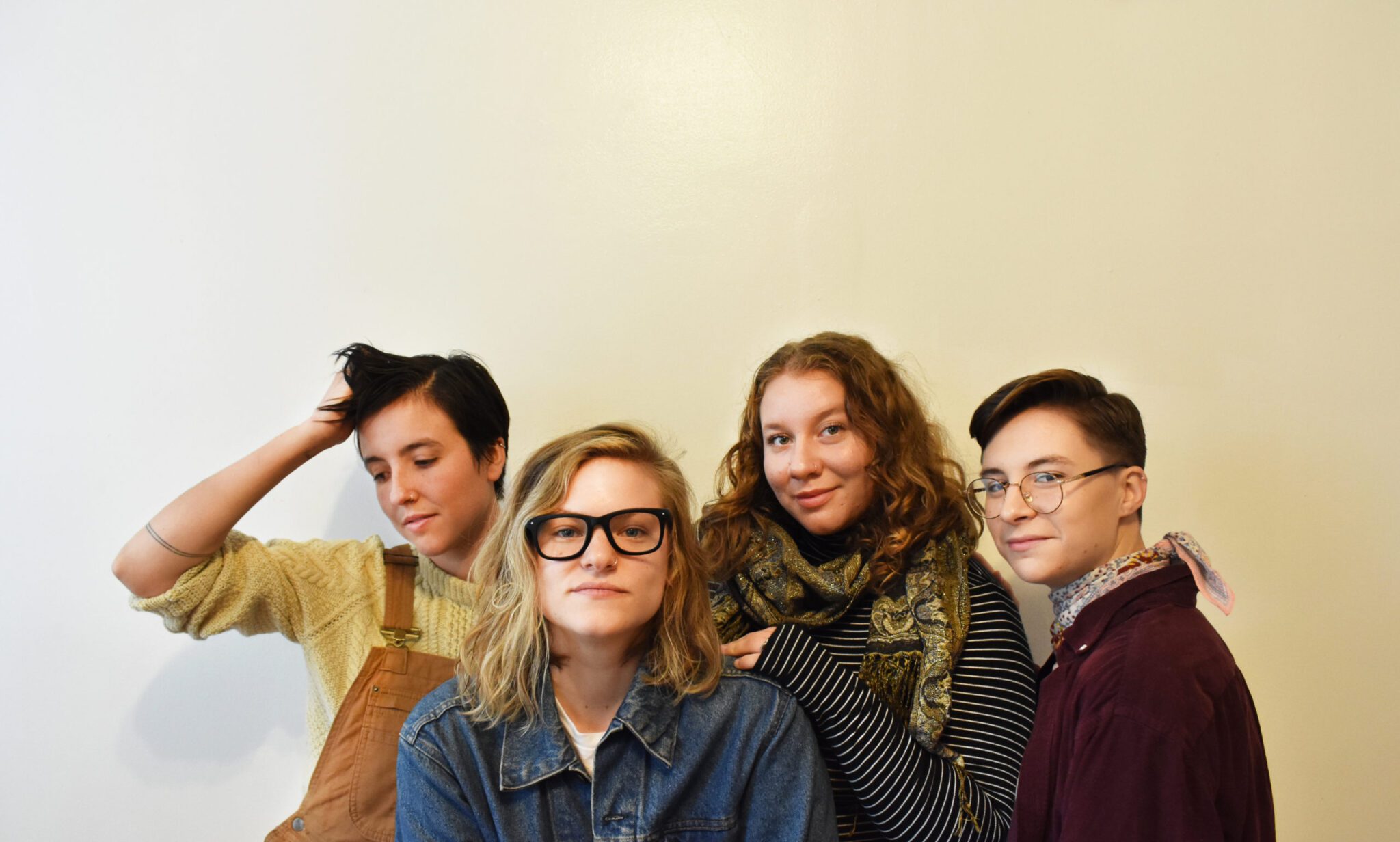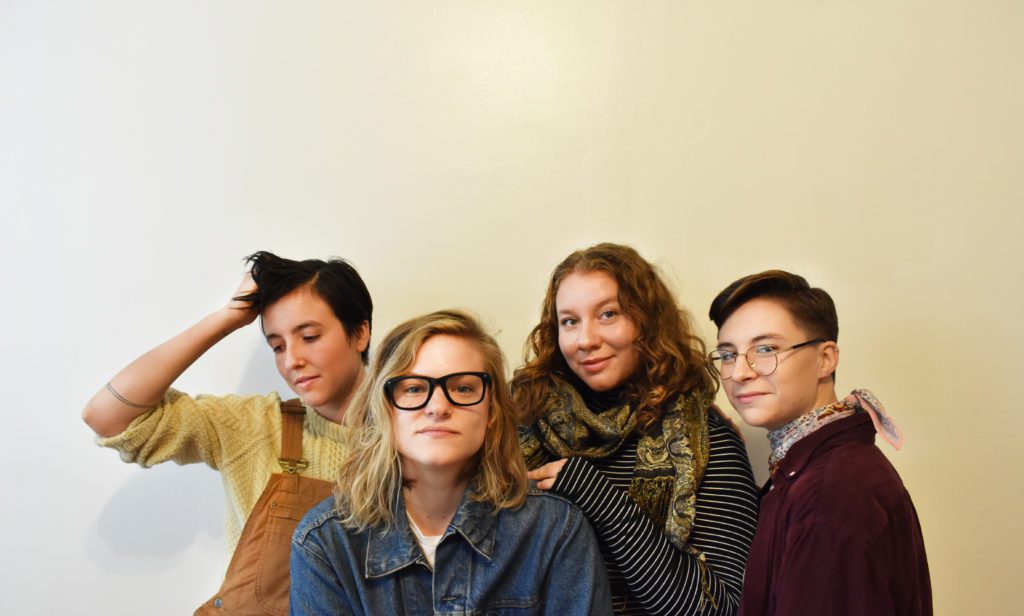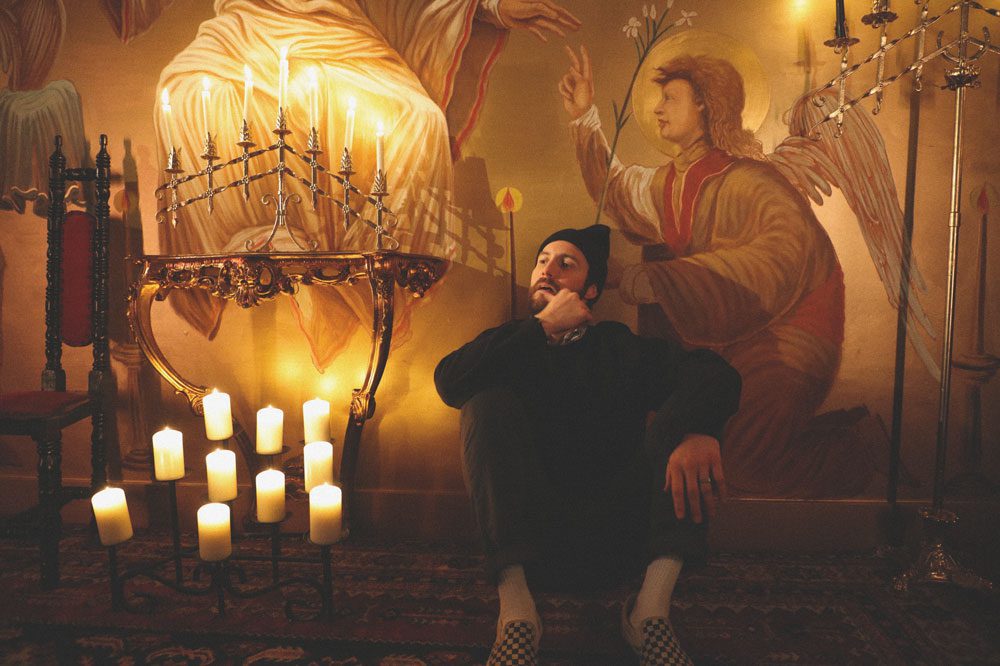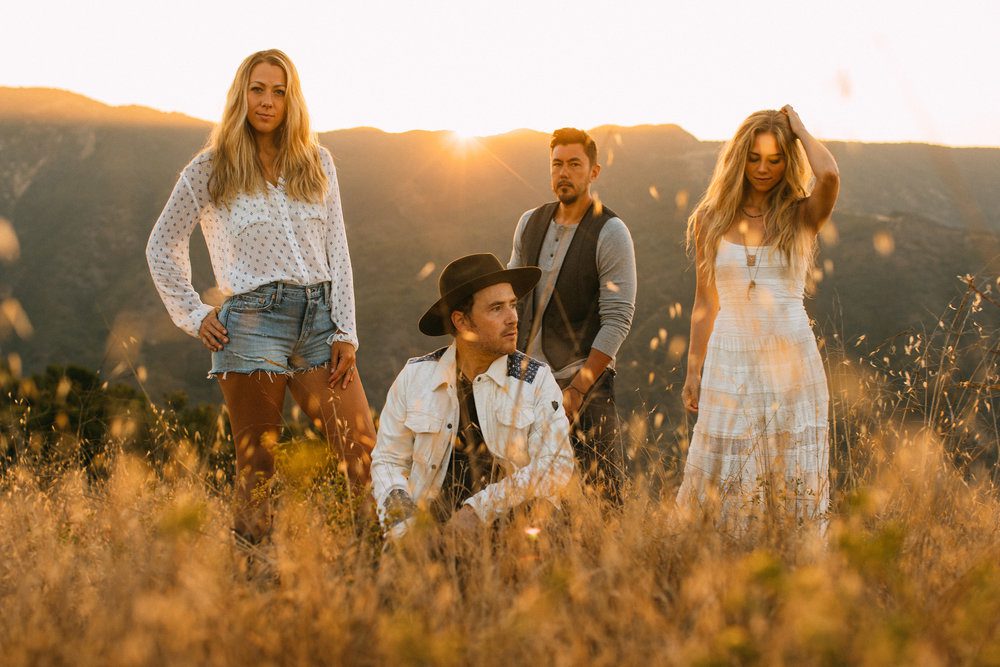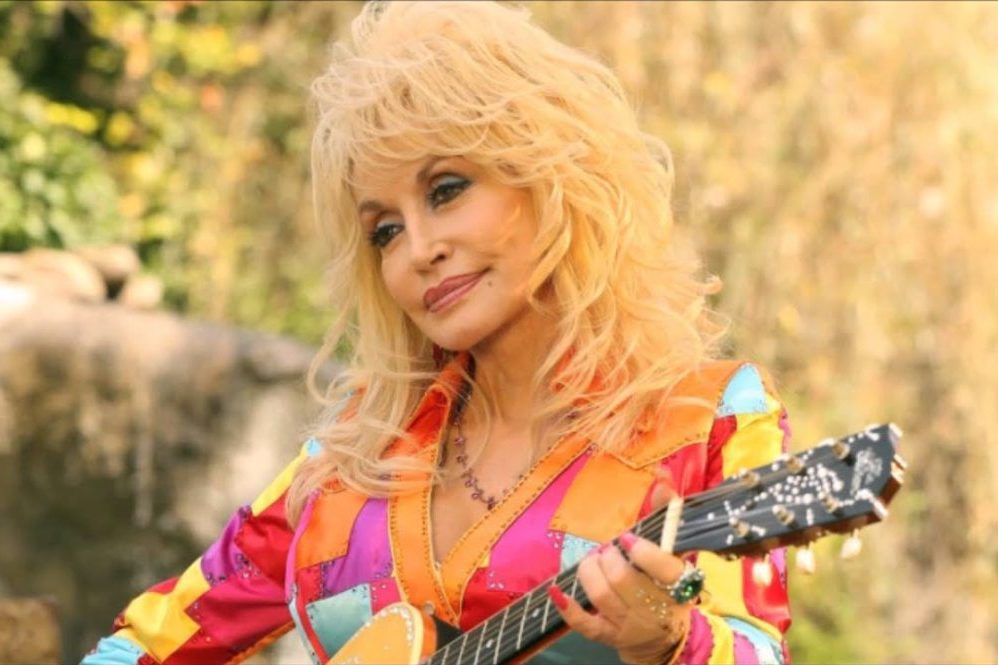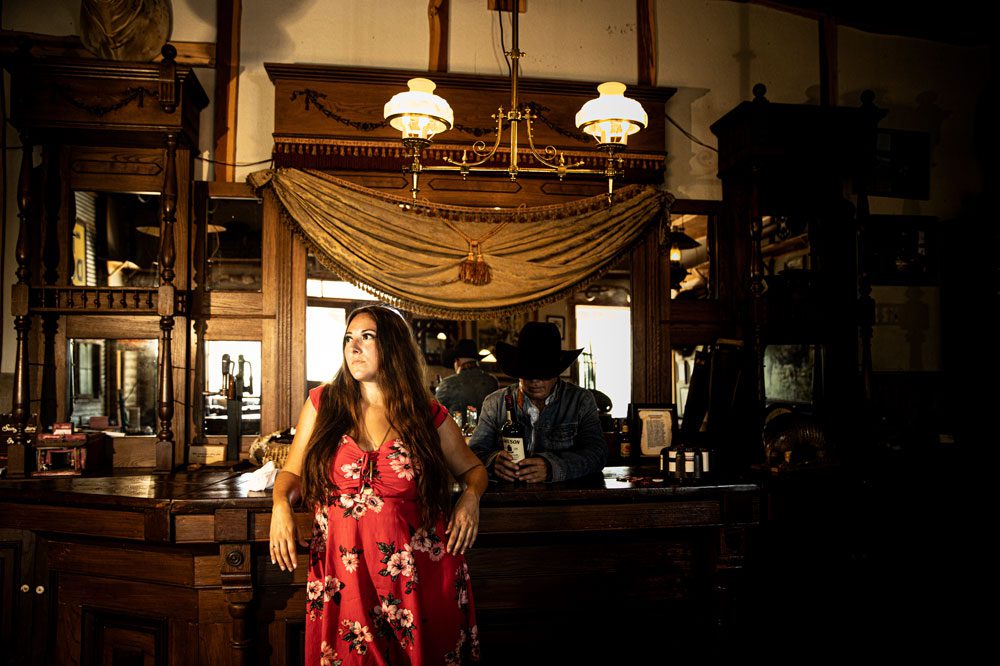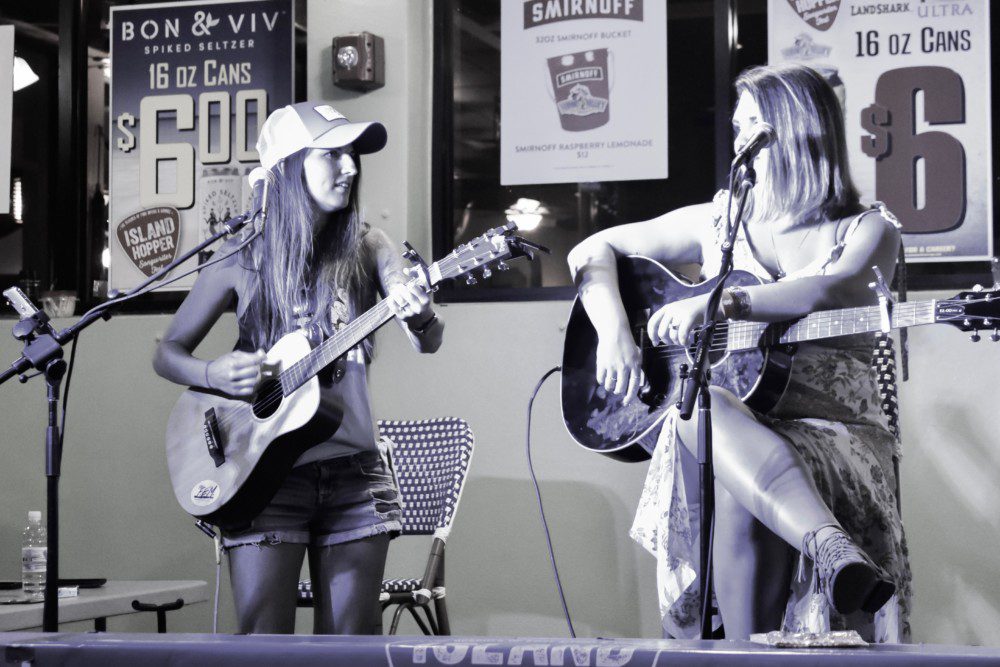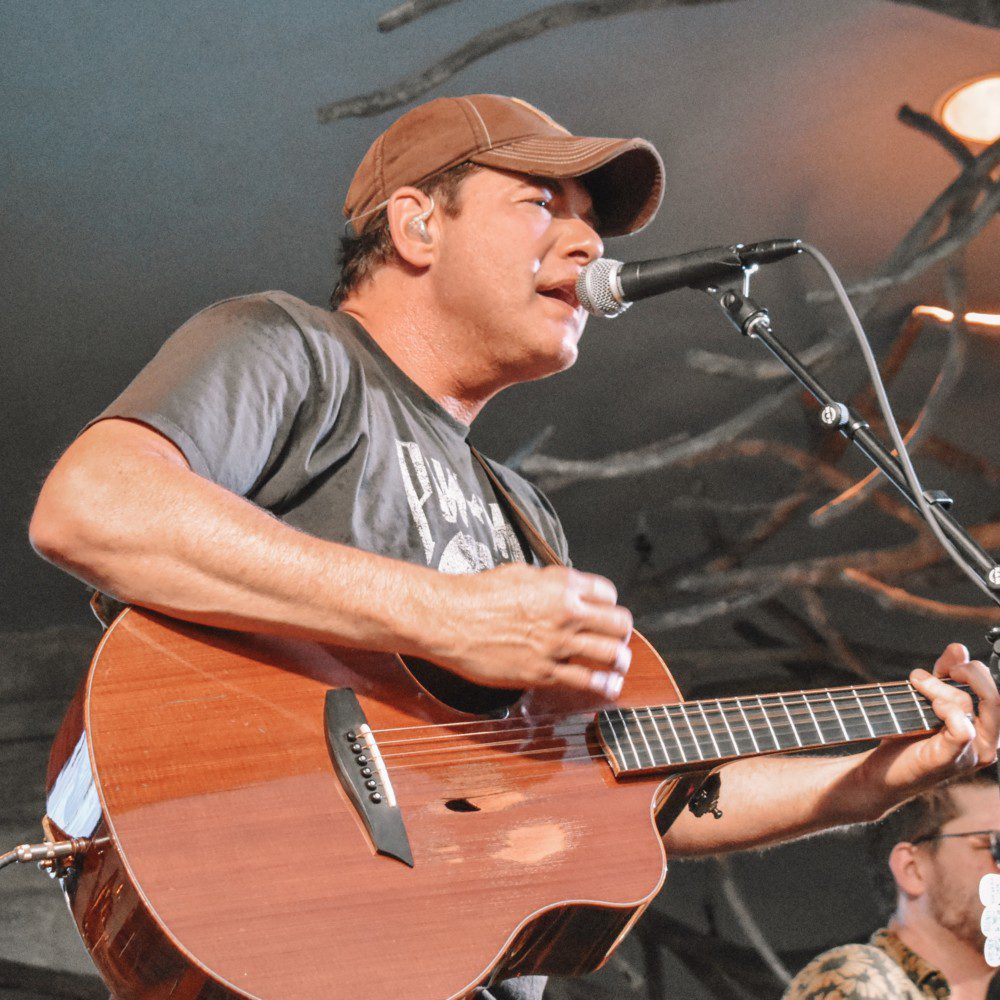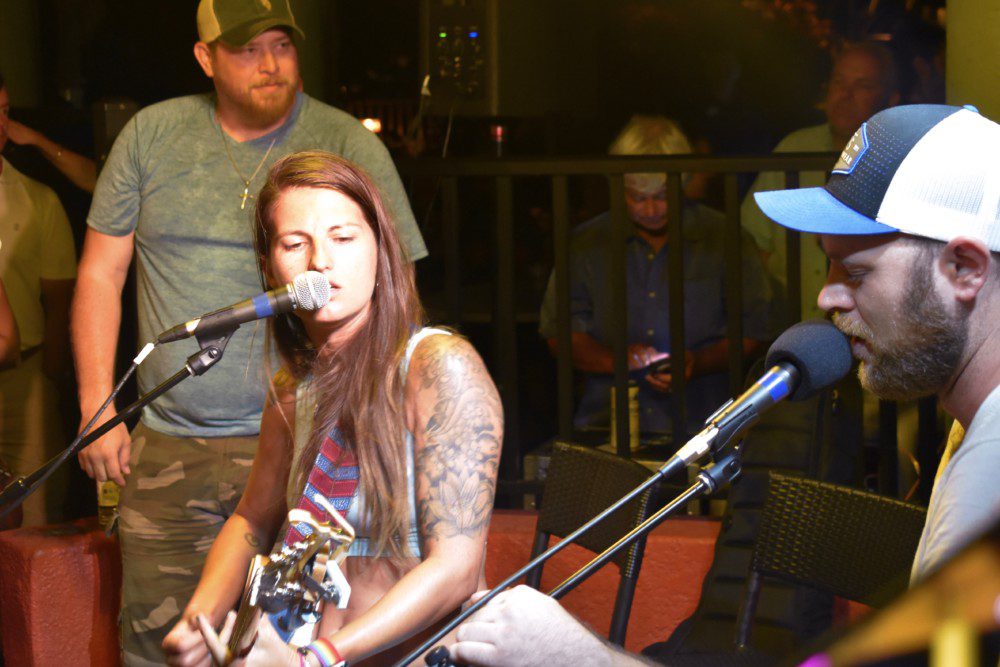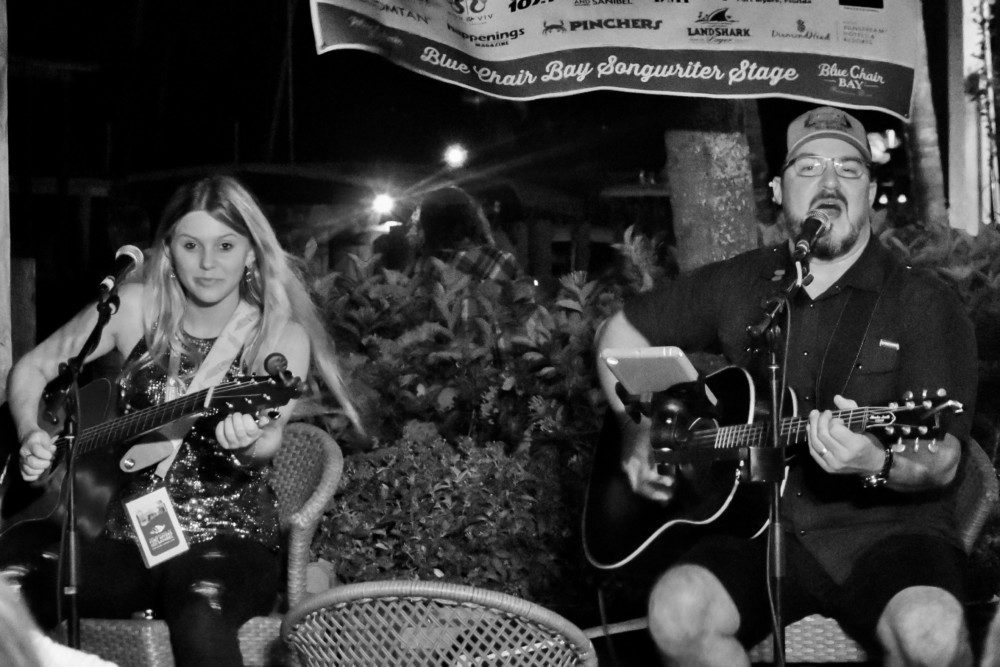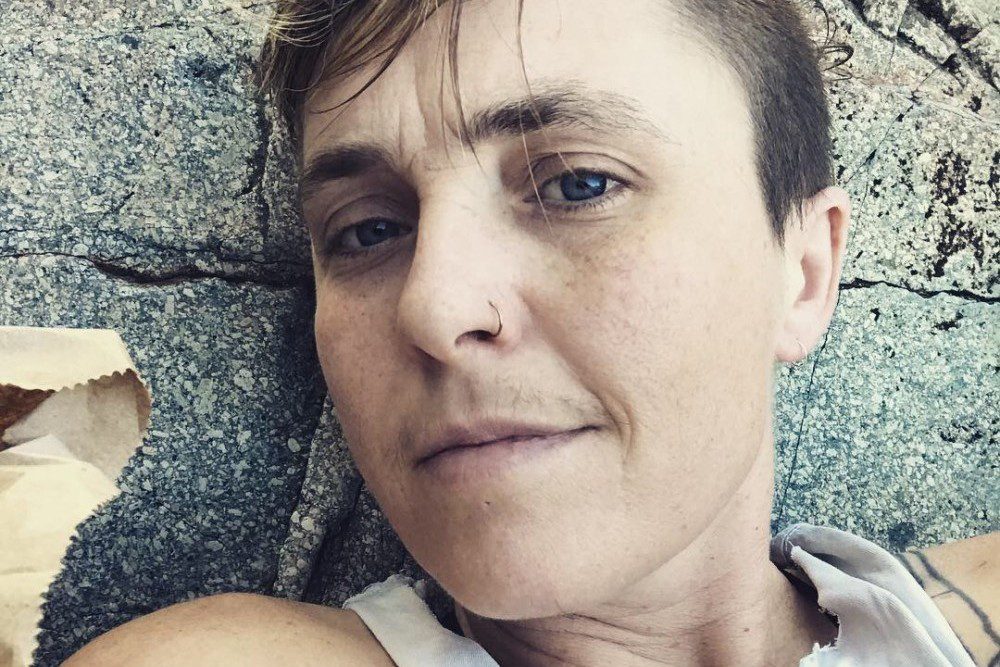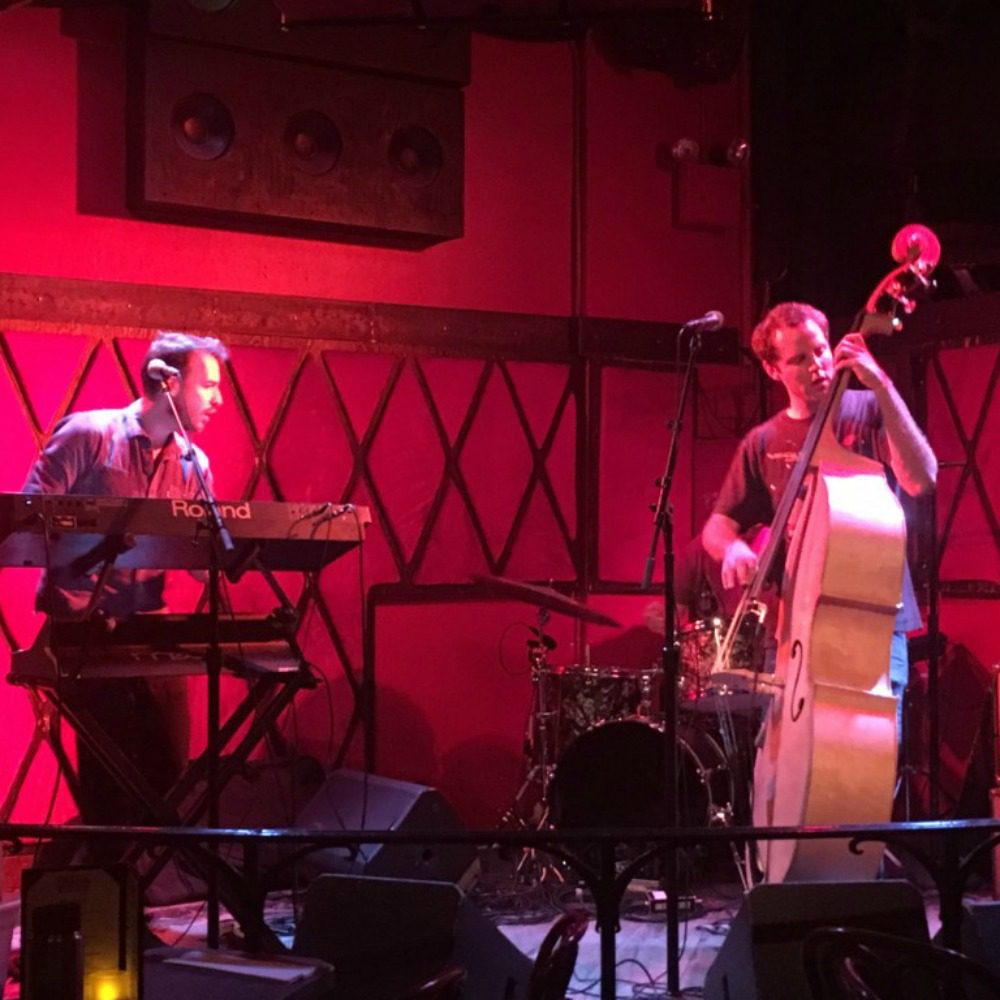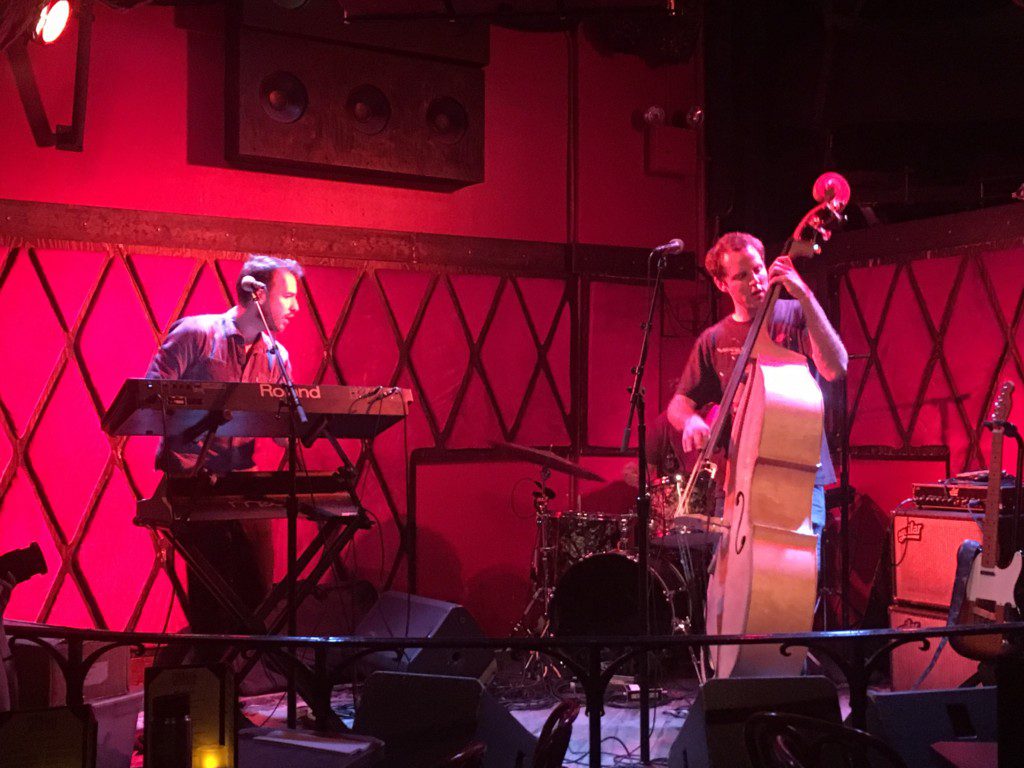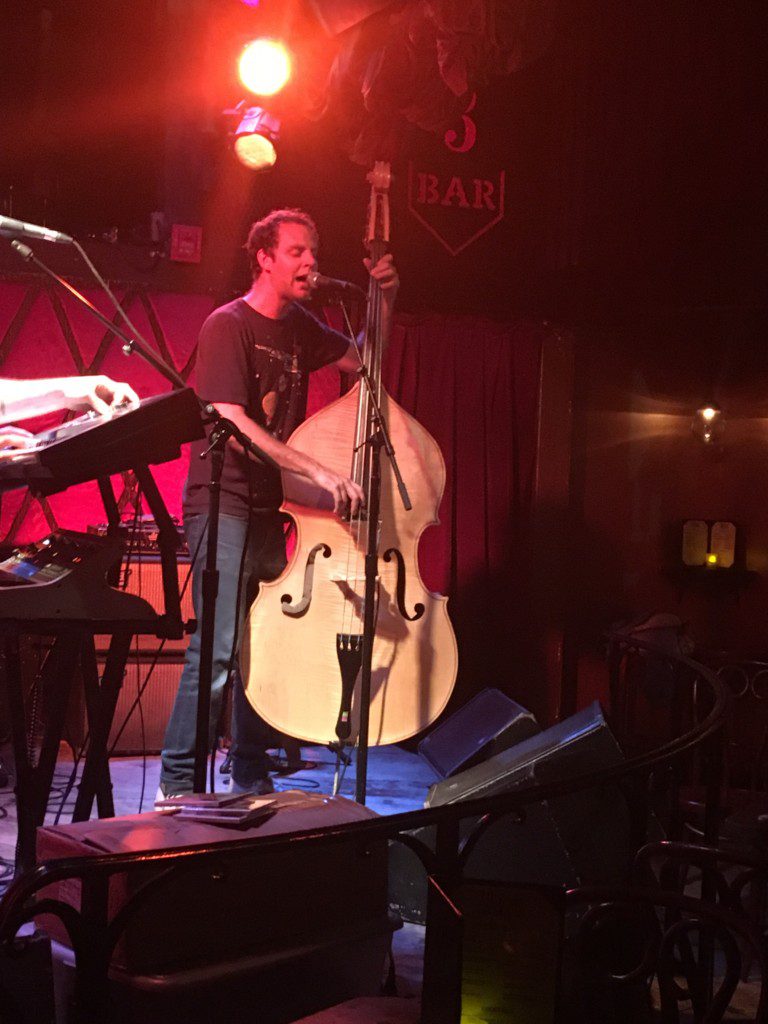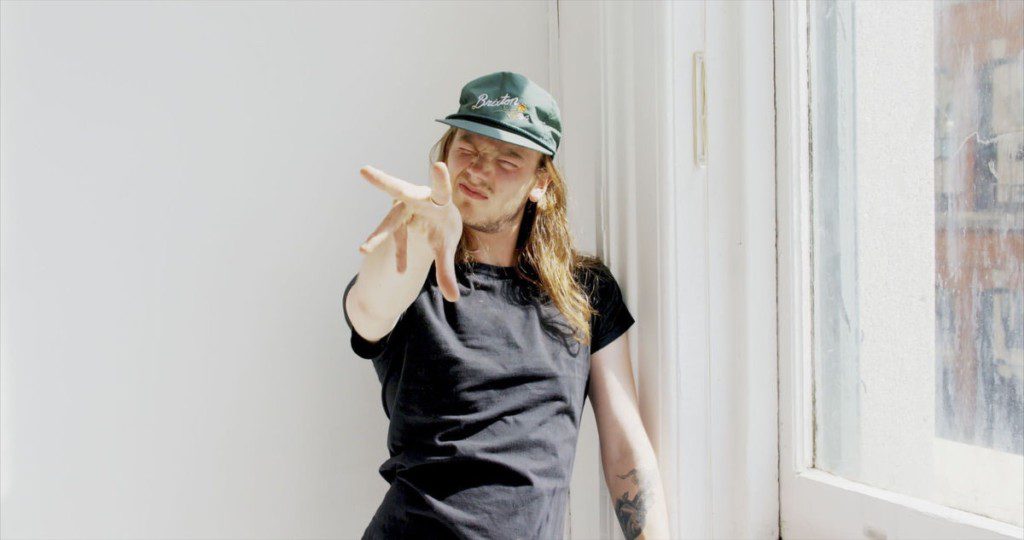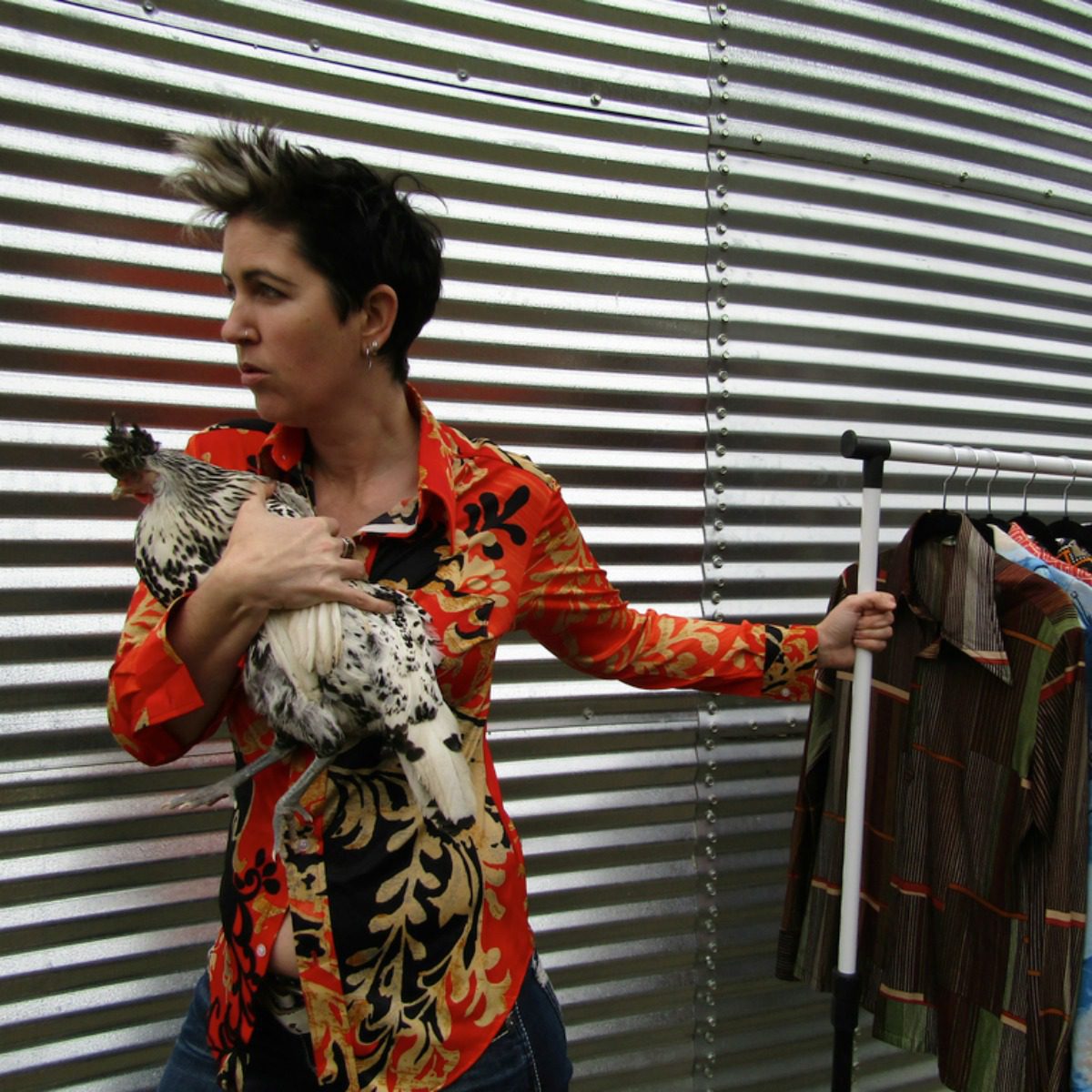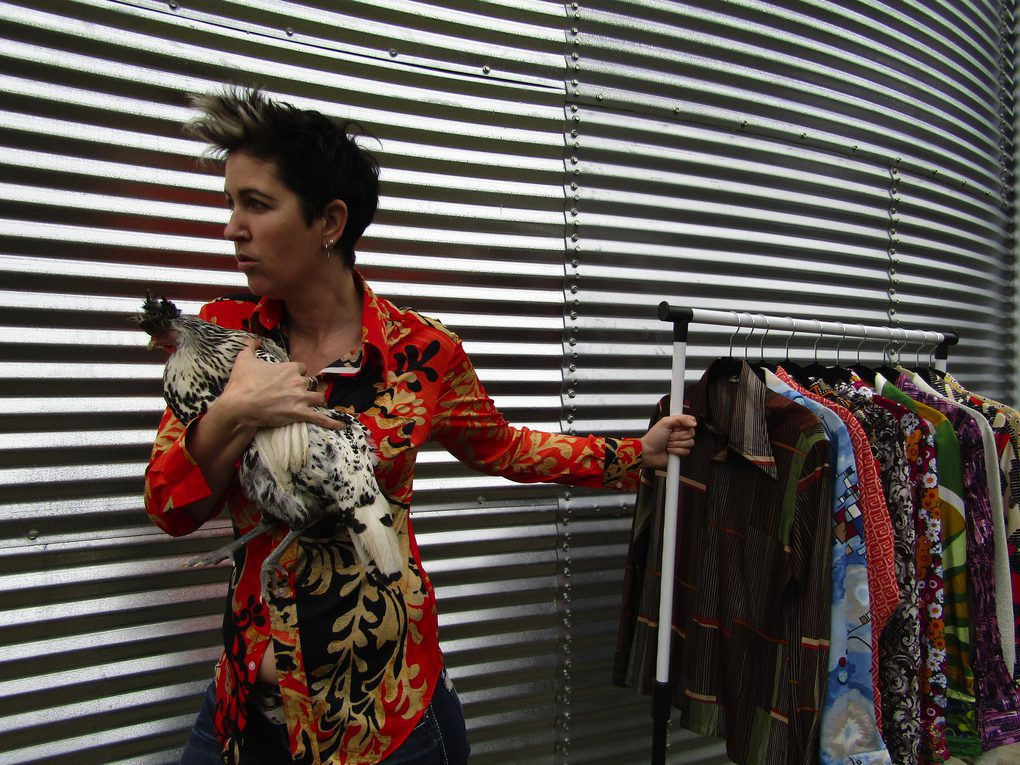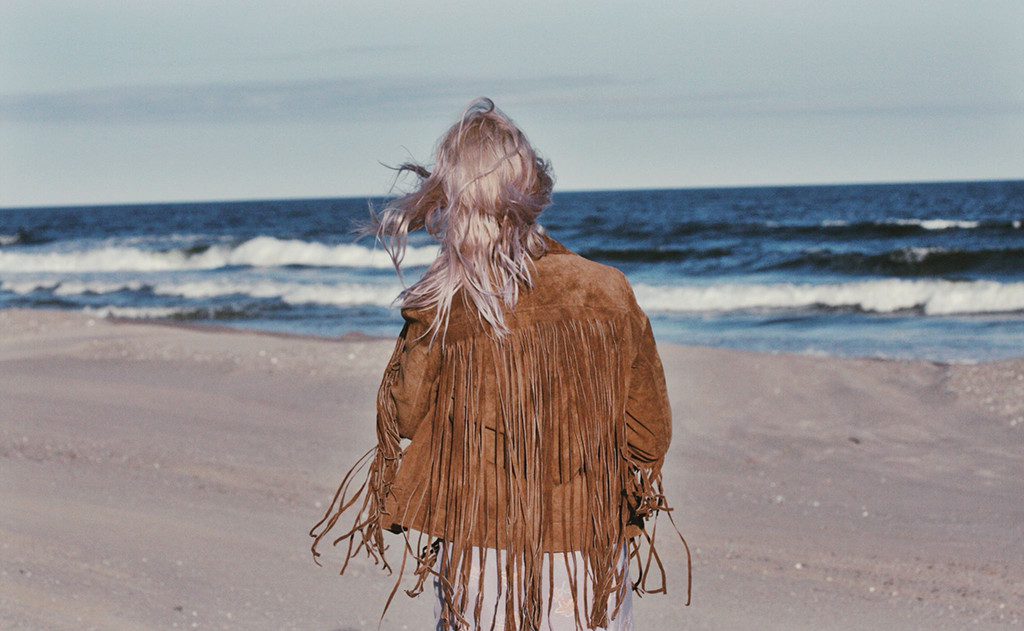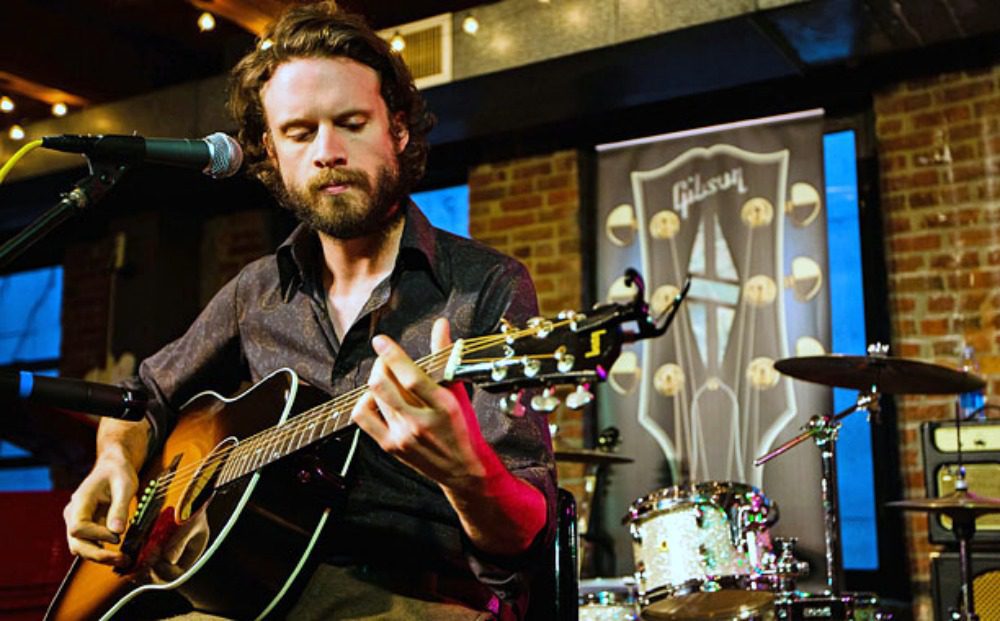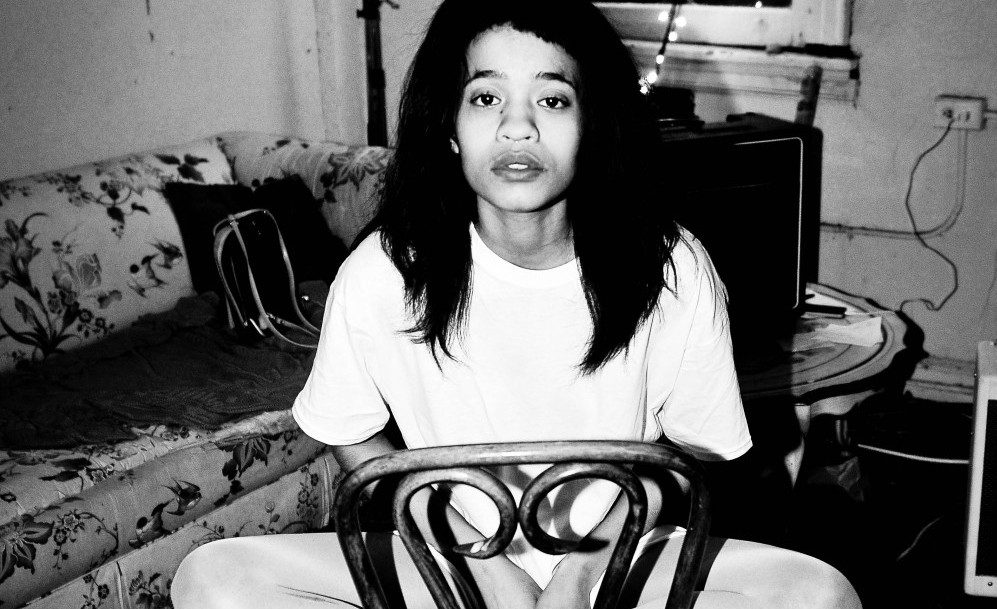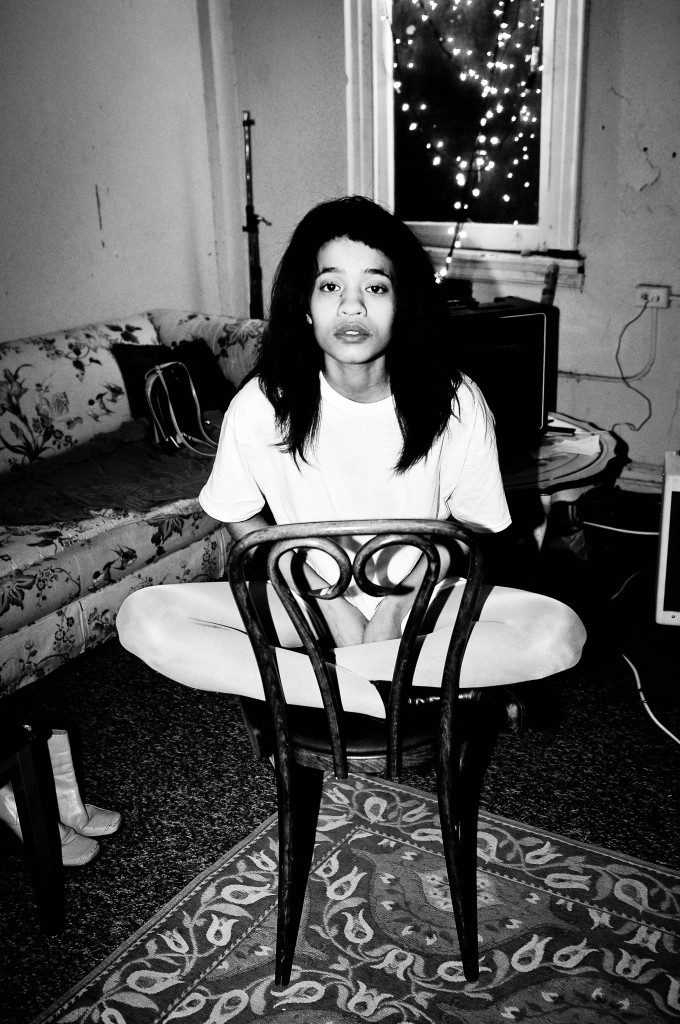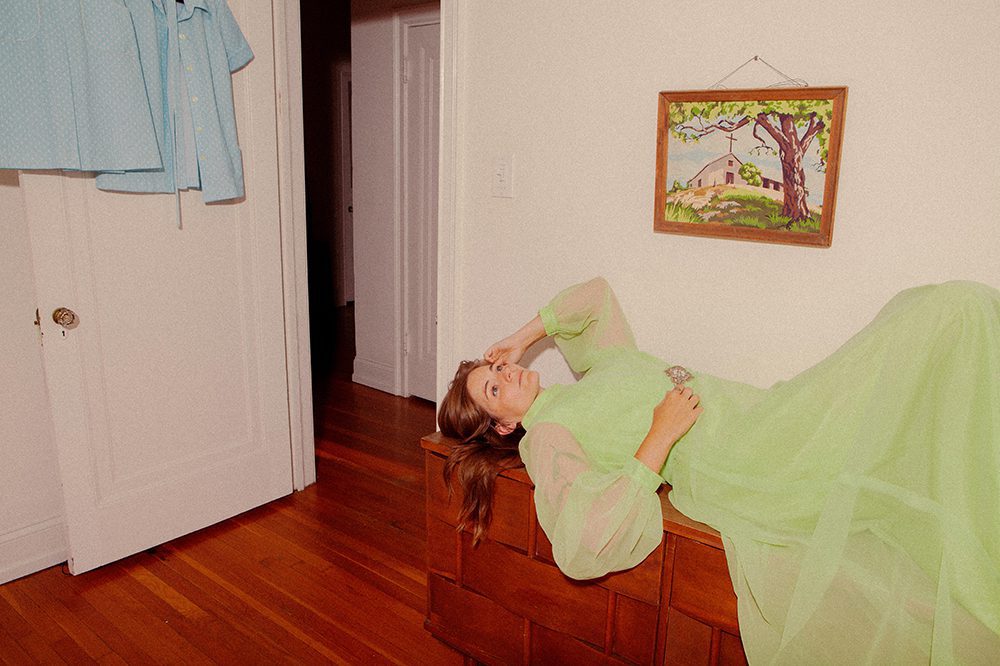

Erin Rae’s new album, Lighten Up, is an exercise in showing up for herself.
In early 2019, Rae and a fellow singer-songwriter friend, Louise Hayat-Camard of The Dove & The Wolf, made a pact to write a song each day and send it to each other. For Rae, it was about developing a discipline, holding herself accountable to the craft. In doing so, the songs that comprise Lighten Up started to take shape, including the title track, “Cosmic Sigh,” and “Drift Away.”
“It was when those songs presented themselves that I started to imagine what the record cover would look like and see what the album will take shape around,” Rae describes to Audiofemme. She even sketched out plans for album art and wrote out a tentative track list that helped build momentum for the project, the title itself meant to inspire the listener to lean into curiosity.
“It’s not really my style to be directive and tell people what I think they should do. It’s playing around with that term and inviting people to be curious: ‘What is she talking about? Who does she think she’s talking to?’” she laughs of the “inquisitive” phrase. “Once you get into the songs and you hear that, it’s very much my experience that I’m talking to. Take what you like, leave the rest.” The album was released on February 4; Rae is currently on tour with Courtney Marie Andrews in Australia before returning to the U.S. as a supporting act for Watchhouse, beginning on March 31.
Rae’s previous album, Putting on Airs, confronted her inner darkness and past trauma, diving into her psyche on songs like “Bad Mind.” It details her experience as a queer woman in the South, the feelings she once had to suppress now finding freedom through song. “’Bad Mind’ was a song that I was nervous to share because I was like, ‘Are my collaborators going to think this is weird that I’m talking about being afraid to be gay in this song?’” the Tennessee native pondered, instead met with support from her co-writers. “I’m still aware of the intensity of the subject matter, but it feels like through playing it, I got freed up from any sort of fear around that or being uncomfortable with it.”
Lighten Up continues this healing process. Intentional about maintaining an introspective nature through the music, she wanted to honor the shift that’s occurred in her life since Airs was released in 2018. “Once you have done some of that deep digging and done some healing work, the turning point where I’ve seen all that stuff, now I have awareness and now I want to move into the next part of my life where I’m more into connection with other people and less inhibited by old survival skills or patterns of behavior, negative beliefs,” she explains.
A major part of this healing journey was allowing all of the walls she’d built around herself to come down. “Cosmic Sigh” directly addresses this, a vintage-sounding acoustic number that sounds like it was transported from the golden era of folk. Here, Rae intertwines this sense of growth with images of the natural world as she serenely sings, “The sun/Day is dawning in the soul/And warms the melancholy/And come what may/She’s won/There’s no need to be afraid/With her illusions falling.”
“Something that I’ve worked with a lot in my life is how anxiety and negative self-belief has hampered that connection, or if I’ve connected with people, being hesitant to be as open as I would like to be,” she says. “Letting myself be known, be vulnerable, be messy, and not seeking to have it all figured out before entering into if it’s a romantic connection, feeling like that needs to be perfect. I think primarily a lot of my work has been to repair that relationship with myself. It’s not so much about ‘What do you think of me?’ It’s ‘This is what I think of me now.’”
Songs like “Cosmic Sigh” and “Drift Away” acknowledge these energy shifts, touching on days when it feels like time has slowed down, to experiencing the magic of one’s own dreams coming to life before their very eyes. Meanwhile, “Can’t See Stars” finds Rae in a soul-cleanse, driving far past city lines to escape the madness of the modern world and soak in the beauty of the night sky.
“One thing that I really enjoy in writing is drawing the correlations between my internal experience and then that of my emotional experience in nature and life itself on the outside that’s continuing to operate amidst all of us in our human stuff that we do,” she shares. “It’s the correlation between an over-saturation of social media and constant distraction and people, the internet, always having somewhere to distract myself, and then how that can add to the disconnect from myself and my intuition and that inner stillness. The physical manifestation of that is literally not being able to see the night sky because we have a billion city lights going all the time, and just needing to create some space and some distance from that from time to time.”
As she continues to move forward and find inner peace, Rae has a new set of survival skills she’s cultivated through vulnerability, connection and building community, all of which will carry her through to the next bright spot in her journey. “Sometimes there’s a few steps forward and you’re like, ‘I think things are getting better and I feel hopeful,’ and then there’s ‘Why don’t I try to go back to my old patterns because that’s more comfortable and I’m a little scared to move into the unknown.’ And, and then it’s ‘No, we’re going to keep going,’” she notes. “My goal for this album is for it to be giving permission and compassion for myself and whoever listens to it and relates. My intention for this is to help there be a softness towards these deeper, emotional things that we all have, so that maybe there’s some space for them to be brought into the light to be processed.”
Follow Erin Rae on Instagram, Twitter, and Facebook for ongoing updates.

